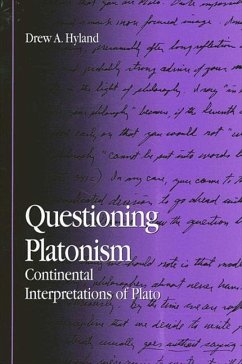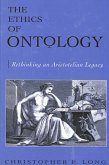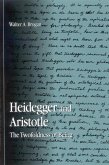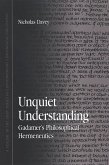Given the conception of philosophy held by continental thinkers, and in particular their greater sensitivity to the kinship of philosophy and literature, Drew A. Hyland argues that they should be much more attentive to the literary dimension of Plato's thinking than they have been. He believes they would find in the dialogues not the various forms of "Platonism" that they wish to reject, but instead a thinking much more congenial and challenging to their own predilections.
By carefully examining the works of Heidegger, Derrida, Irigaray, and Cavarero, Hyland points to the tendency of continental thinkers to view Plato's dialogues through the lens of Platonism, thus finding Platonic metaphysics, Platonic ethics, and Platonic epistemology, while overlooking the literary dimension of the dialogues, and failing to recognize the extent to which the form undercuts anything like the Platonism they find. The striking exception, Hyland claims, is Hans-Georg Gadamer who also demonstrates the compatibility of the Platonic dialogues with the directions of continental thinking.
By carefully examining the works of Heidegger, Derrida, Irigaray, and Cavarero, Hyland points to the tendency of continental thinkers to view Plato's dialogues through the lens of Platonism, thus finding Platonic metaphysics, Platonic ethics, and Platonic epistemology, while overlooking the literary dimension of the dialogues, and failing to recognize the extent to which the form undercuts anything like the Platonism they find. The striking exception, Hyland claims, is Hans-Georg Gadamer who also demonstrates the compatibility of the Platonic dialogues with the directions of continental thinking.
Dieser Download kann aus rechtlichen Gründen nur mit Rechnungsadresse in A, D ausgeliefert werden.









